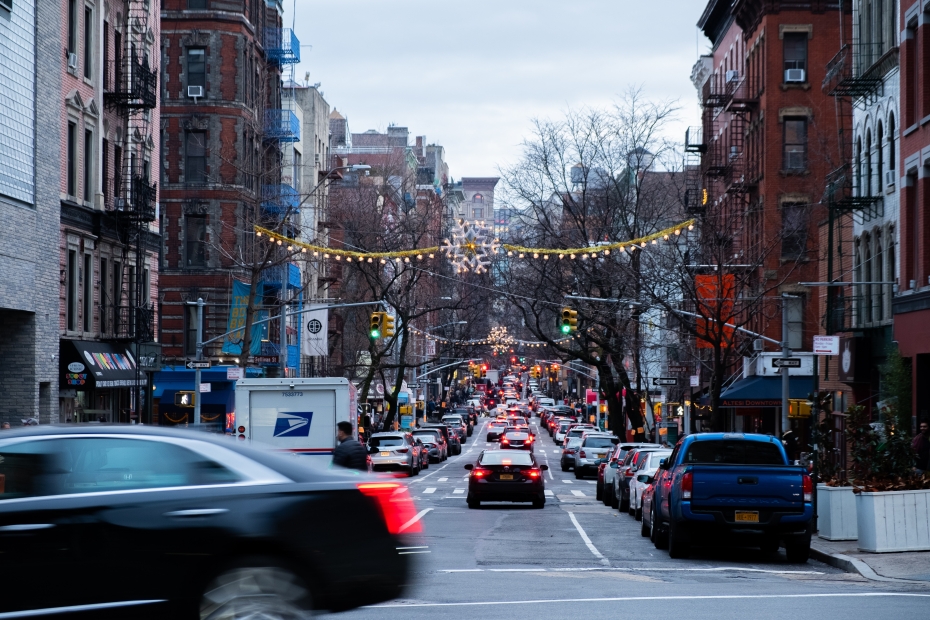
Decarbonisation of Transport – Light Duty Vehicles
Read more about:
FME MoZEES
FME NTRANS
Decarbonisation of transport is an essential part of the transformation to a low- and zero-emission society. Transport accounts for about 25% of the total greenhouse gas emissions in Europe, and the demand for passenger and freight transport is expected to grow 40-50% from 2010 to 2050. Hence, there is a need for all stakeholders, from researchers and technologists to bureaucrats and politicians, to come together and find new long-term solutions to the challenge of decarbonization of transport.
In the report Decarbonisation of transport: options and challenges, EASAC – the European Academies' Science Advisory Council – reviews options for reducing greenhouse gas emissions from European road transport and provides recommendations for short- and long-term policy measures. Also, in Norway decarbonizing of the transport sector plays a central role in meeting 2030 emission reduction targets.
With this as background, DNVA invites you to a half-day webinar where we will address several key issues related to the requirements for new technology and fueling/charging infrastructure, as well as the need for a long-term coherent policy to promote low- and zero emission transport. In the webinar questions such as these will be raised and discussed:
1) How can the uptake of zero emission solutions like battery electric and hydrogen be increased?
2) How will electrification interact with biofuels and natural gas in this transition?
3) What are different pathways towards 2030 that enable 50% reduction in 2030 and zero emissions in 2050?
4) What does this mean for emission reductions required for person vehicles and road transport?
5) What policy can support the transition and what are the costs?
The focus of the webinar will be on decarbonization of road transport and light-duty passenger vehicles. A second meeting, focusing on emission reductions in heavy-duty road transport and near coast maritime transport, is planned for the second half of 2020.
Program:
09:00 Opening, Asgeir Tomasgard, NTNU, FME NTRANS
09:05 EASAC Decarbonization of transport Status for zero-emission transport
technologies – a Norwegian perspective, Øystein Ulleberg, EASAC working group,
FME MoZEES
09:20 How can the transition be supported: when to penalize pollution and when to
subsidize transition, sustainable and fair technology shifts, Lasse Fridstrøm ,TØI
09:35 Decarbonization of transport: A cross-sectoral perspective, Volker Krey , NTNU
09:50 Climate footprints of key options for decarbonization of land transport -
A brief overview of the knowledge frontier, Anders Hammer Strømman, NTNU
10:05 Sustainable transition and the future energy mix in the Norwegian road
transport system in the next 10 years, Kari Espegren , FME MoZEES
10:20 Sustainable battery production, Margret Wohlfahrt-Mehrens, ZSW (Center
for Solar Energy and Hydrogen Research)
10:35 Decarbonisation of transport: Social tipping point: norms, culture and
other aspects that influence choice, Linda Steg, University of Groningen
10:50 Summary and concluding remarks
Moderator: Marina Tofting
Watch a recording of the webinar.